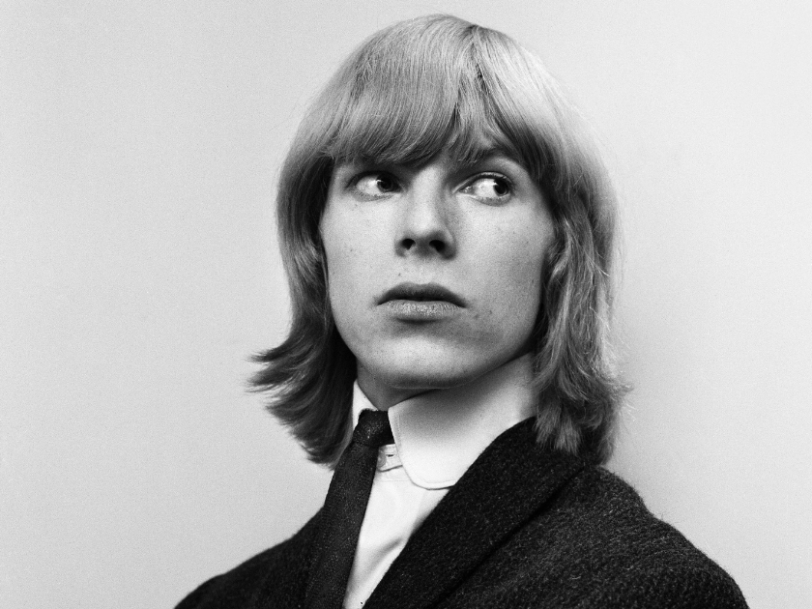Even for David Bowie’s earliest groups, The King Bees were particularly short-lived. But though the London five-piece barely survived a handful of months together in 1964, their legend is secure thanks to the release of a solitary single: Liza Jane. Credited to Davie Jones With The King Bees, the recording, a slice of hopped-up mid-60s British R&B, failed to create much buzz on the charts, yet it holds a place in rock history, and its story gives crucial insight into Bowie’s formative years.
Listen to the best of David Bowie here.
Forming The King Bees: “Before you could say ‘short back and sides’, they decided to join forces”
Fittingly, for a man whose later hairstyles would inspire countless imitators, David Bowie allegedly met the future King Bees at a barber’s in Bromley, South London, in April 1964. “In between clips he got chatting to the four lads,” said a press release issued alongside Liza Jane, “and before you could say ‘short back and sides’, they decided to join forces.”
Almost 30 years later, Bowie would remark on the “quite scary” prospect of playing with musicians who were “virtually professional” in comparison to the outfits he’d previously formed with school friend George Underwood. But that would ultimately be to his benefit. Unlike The King Bees, earlier groups The Kon-Rads and The Hooker Brothers never made it as far as an official release.
- Best David Bowie Songs: 50 Tracks That Rewrote The Rock Rulebook
- The Real Reason Why David Bowie Had Different Coloured Eyes
- ‘Toy’: How David Bowie Realised His Past Was “Really Fun” To Play With
Bowie’s third group, The King Bees featured Bowie (then still calling himself Davie Jones) on vocals and saxophone, George Underwood on rhythm guitar, Roger Bluck on lead, Dave “Frank” Howard on bass and Bob Allen on drums. Naming themselves after bluesman Slim Harpo’s signature song, I’m A King Bee, in their brief time together the five-piece worked up a repertoire based on tunes copped from Muddy Waters (Hoochie Coochie Man, Got My Mojo Working) and Mavin Gaye (Can I Get A Witness). But it was an old standard, developed from a plantation-era slave song, that the band recorded and issued as their debut single.
Finding a record deal: “We turned up in jeans and sweat shirts and played our usual brand of rhythm and blues”
If the blues-indebted Liza Jane did little to hint at the future-shaping music Bowie would later make his name with, it revealed a love for old-school R&B that would resurface throughout his career, not least during his final Ziggy Stardust gig, for which Bowie invited British guitar hero Jeff Beck on stage to join The Spiders From Mars on stage in a high-octane run through Chuck Berry’s Around And Around.




